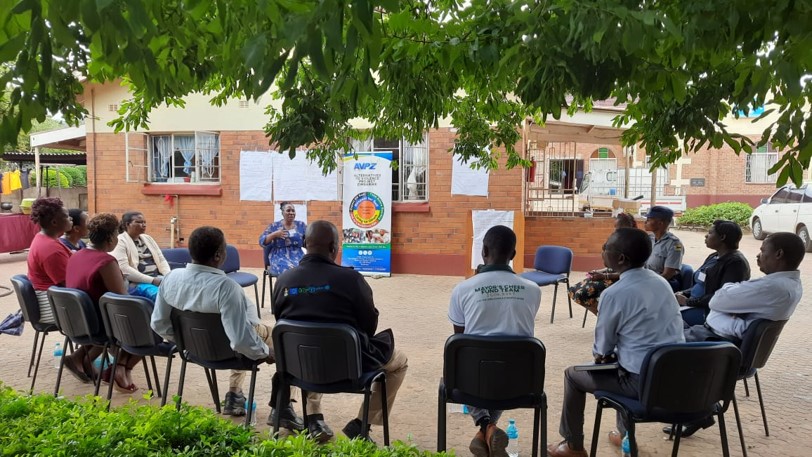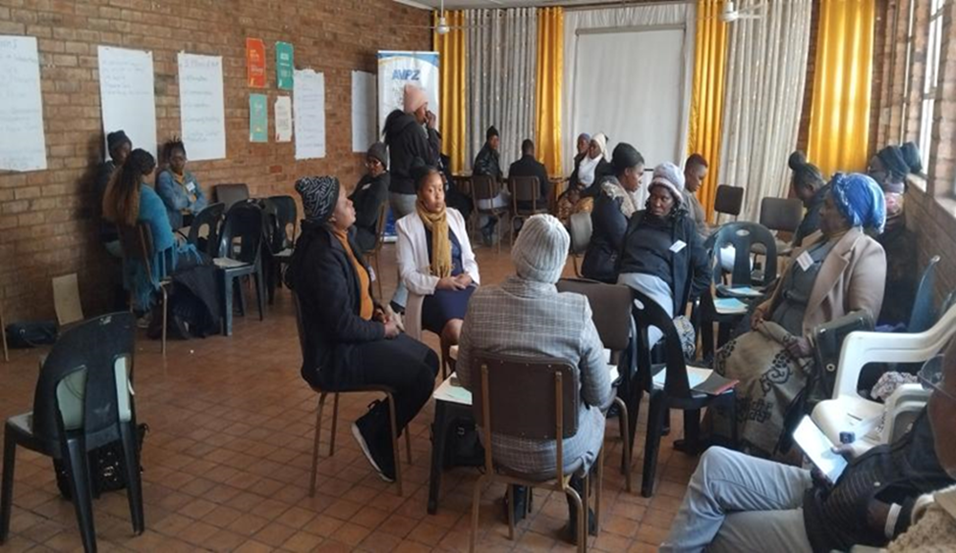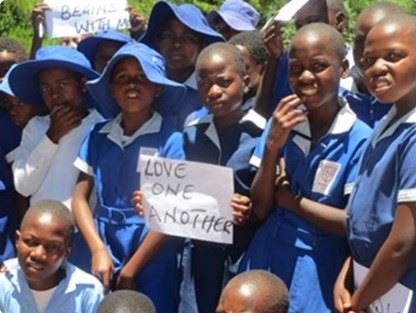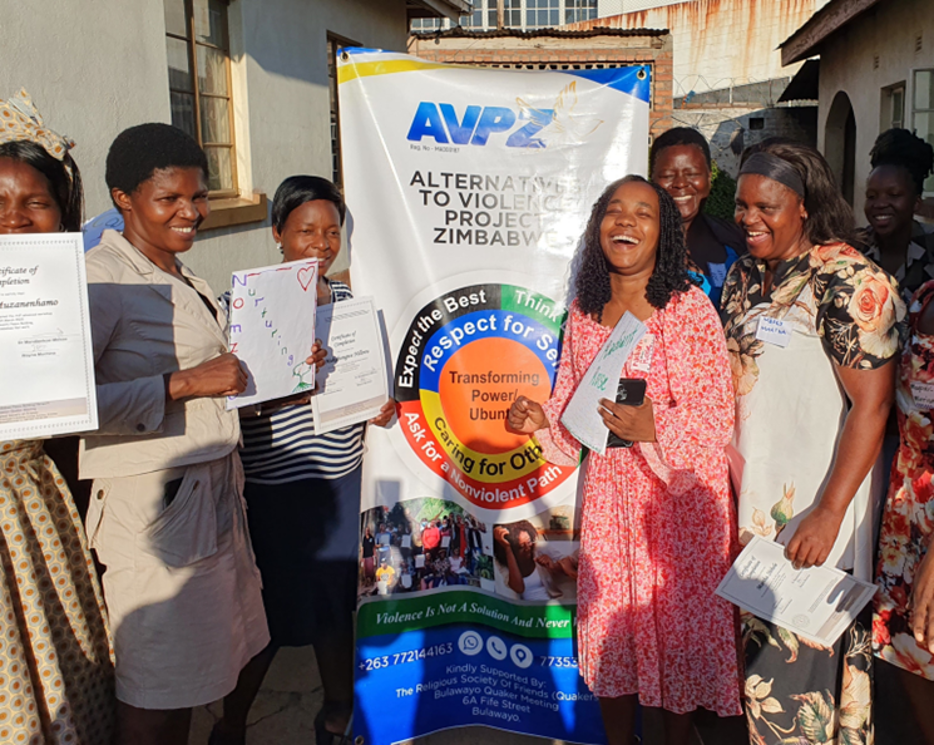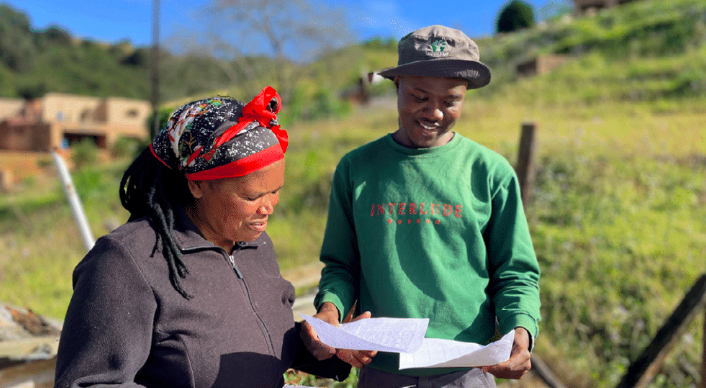
APVZ teaches school children and community members methods of dealing with conflict, aggression and violence in their lives without resorting to violence themselves. This can have a transformative effect on children from dysfunctional homes or community members who have routinely seen violent methods of retribution and conflict resolution Read more…
"Alternatives to Violence" is a training programme run by volunteers which began, with support from Quakers, in a New York state prison in 1975. It aimed to offer non-violent ways of dealing with anger and aggression. It was an immediate success and enabled individuals to avoid violent solutions to their problems and contributed massively to their personal development and to reduced institutional violence. The programme now also runs in the community, in schools, in universities and in the workplace. It can be found in over 50 countries worldwide.
AVPZ has been running in Bulawayo since 2015. It has been supported by various Quaker groups and since 2021 it has been supported by a Quaker group in Milton Keynes, UK who raise money specifically for this project (they are called Peace Works Zimbabwe – PWZ). Don Rowe from this Quaker group has been involved from the very beginning.
AVPZ is involved in 2 kinds of projects:
AVPZ offers free training to teachers who are interested and then encourages them to open a Peace Club in their school. This is a club where the students learn and practice alternative methods for dealing with violence.
A school principal, Jeffrey Ncube, who has been an enthusiastic supporter of Peace Clubs from the beginning had this to say ““Bullying and routine violence in school is a major concern for learners. A grade 5 teacher asked her learners to write an essay about their school. Most of the issues raised were about other learners who bully them around. Some children come from broken families, others from child-headed families while others have parents who abuse drugs and other substances.
The introduction of a Peace Club at Tjewondo primary has resulted in a number of learners who displayed bullying and other deviant behaviours being transformed into responsible citizens. They have learnt to be friendly and to be good communicators, using appropriate registers, for example, the use of ‘I’ messages. Activities in the Peace Club are designed to develop skills such as active listening, empathy, problem-solving, critical thinking, and debating through which the learners have become confident to present and defend their own opinions. Also, the curriculum includes training in mediation skills, broken down into easy stages. These enhance the learners’ own development and they can also use these skills in school as peer mediators.” 1
After a year of having a Peace Club in her school, one headteacher confessed, ‘They have developed communication skills which have made them able to approach me with their views, concerns and queries. All of them know me for my black rod which I would step out of my office and brandish to threaten for discipline. Now I have stopped that after they made me see that I was being violent.’
A district school inspector commented: ‘‘I have been monitoring school children's positive behaviour in the pilot schools compared to those that have not been inducted. There is a huge difference.” 2
People from the community such as Church members, workers in the justice system, young people and social workers can attend peace courses. There are 3 levels of courses – from basic to advanced. The third level is also called “Training the Trainers” and graduates from this course can then become apprentice trainers
Comments from people who have attended these courses include:
In 2024 the following courses were delivered:
